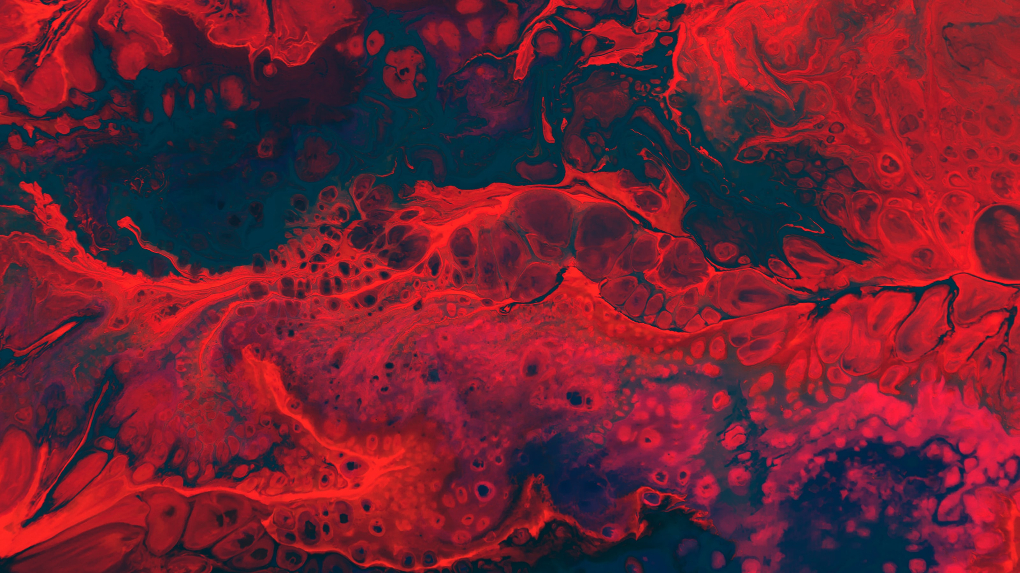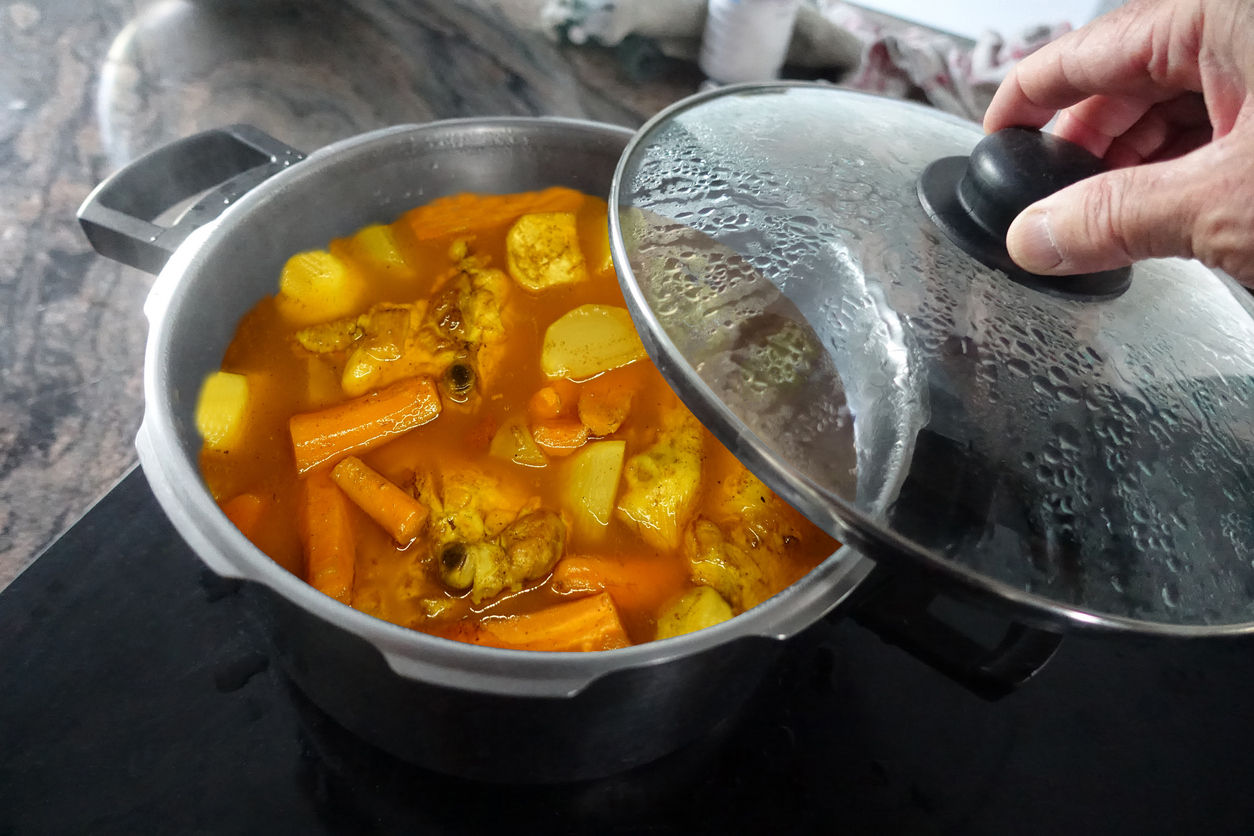A Brief Overview
Most people think that anaemia is a nutritional deficiency that affects only low-income women and girls who lack access to iron-rich foods. Think again.
Anaemia is such a common condition in India that it afflicts every second Indian woman between the ages of 15-49 years! This is the highest number in the world and includes young, educated, urban women. Not only that, anaemia has a significant negative impact on women’s productivity. Low haemoglobin levels cause tiredness, dizziness, increased risk for hemorrhage, preterm birth, and impaired cognitive development and increases the risk of death for women and children. This imposes an enormous economic cost for India. The loss of gross domestic product to anaemia was estimated at $22.64 billion (Rs 1.50 lakh crore) in 2016, more than three times the health budget for 2017-18!
What Is Anemia?
Anaemia literally means ‘lack of blood’ and is a condition in which the blood does not have a sufficient number of healthy red blood cells. Red blood cells play a very important role in our bodies. They contain a molecule called haemoglobin, which allows the cells to carry oxygen to all parts of your body and to bring back carbon dioxide to your lungs to be exhaled. When you don’t have enough red blood cells or haemoglobin, then this leads to reduced oxygen flow to the organs. Most of your blood cells are produced regularly in the bone marrow and need specific nutrients such as iron, vitamin B-12, folate, and other nutrients from food.
Anaemia may occur if your body does not produce enough red blood cells because it doesn’t have the right nutrients, or if you lose blood cells by bleeding too quickly, or if your body destroys its red blood cells. There are various types of anaemia with different causes and treatments, with iron deficiency anaemia being the most common in women accounting for 70% of all anaemia cases in India.
What Are the Different Types?
Here are some common types of anaemia:
- Iron deficiency anaemia is caused by a shortage of the element iron in your body. Without adequate iron, your body can’t produce enough haemoglobin for red blood cells. Dark, leafy green vegetables and meat are good sources of iron, however, the predominantly vegetarian diet of many Indians contribute to the prevalence of anaemia. Women are at particularly high risk for anaemia due to their monthly, menstrual bleed requiring them to constantly produce more blood cells. During adolescence, when the body grows a lot and menstruation starts, high levels of iron are needed, and often girls fall behind then. Pregnancy also causes anaemia because large amounts of blood are produced in order to support the growing fetus. It is advised for women who are pregnant or planning to get pregnant to take iron supplements and prenatal vitamins to ensure they are getting enough nutrients.
- Vitamin B12 or Folate deficiency anaemia is another common type that is caused by diet. Along with iron, your body requires folate and vitamin B-12 to produce a good amount of healthy red blood cells. Therefore, not eating enough of these nutrients or malnutrition can cause decreased red blood cell production. A lack of folate during the first part of pregnancy can increase the rate of birth defects, specifically in the spine, therefore it is important to take a multivitamin with folate if planning for pregnancy.
- Chronic Disease & Inflammation can lead to anaemia through different types of mechanisms. Diseases such as lupus, cancers, heart, lung and kidney disease, infections, or chronic inflammation (autoimmune conditions) can interfere your body’s ability to produce blood cells. In India, parasitic diseases such as malaria are also common causes of anaemia.
- Haemoglobinopathies such as thalassemias is medical-speak for groups of genetic blood disorders where the body produces abnormal hemoglobin which cannot carry oxygen to the red blood cells efficiently. Maybe you’ve heard of beta-thalassemia or sickle cell disease – these fall into this category. The prevalence of these disorders ranges from 3% to 15% in certain regions of India.
- Chronic bleeding via stomach ulcers or heavy monthly menses can make you anaemic because you are constantly losing blood and your body is not able to keep up. This can be dangerous if it continues for long periods of time. If you notice blood in your stool or if you have very heavy periods where you feel dizzy and weak every month, you should get your blood count checked.
Learn More with Veera Health
Signs of anaemia can seem subtle and can go undiagnosed for years. If you think you might be suffering from anaemia with symptoms including shortness of breath, fatigue, dizziness, among others, talk to a doctor immediately on Veera.
Disclaimer: Content on Veera is provided for informational purposes only and is not intended as medical advice, or as a substitute for medical advice given by a physician.
References:[1] Mohanty, D., Colah, R. B., Gorakshakar, A. C., Patel, R. Z., Master, D. C., Mahanta, J., Sharma, S. K., Chaudhari, U., Ghosh, M., Das, S., Britt, R. P., Singh, S., Ross, C., Jagannathan, L., Kaul, R., Shukla, D. K., & Muthuswamy, V. (2013). Prevalence of β-thalassemia and other haemoglobinopathies in six cities in India: a multicentre study. Journal of community genetics, 4(1), 33–42. https://doi.org/10.1007/s12687-012-0114-0[2] Leung, Lawrence LK. “Approach to the adult with Anemia,” UpToDate. Last updated Apr 10, 2020


















